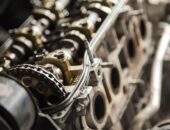
Having a diesel engine is an investment that comes with better fuel economy and lower emissions. Low maintenance also falls on this list, allowing you to cut down on repair and replacement costs. But this does not mean neglecting your engine or its accompanying parts. Maintaining simple maintenance practices is the key to reaping the above benefits of a diesel engine. Here are a few tips that will be worth your while.
Adopt a Cleaning Schedule
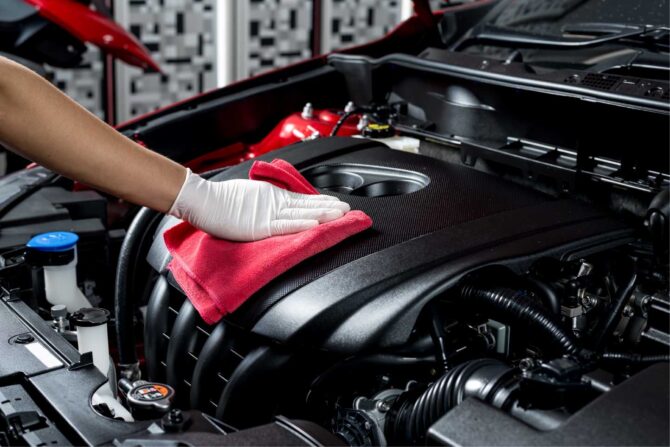
Source: mafra.com
Due to its location, the engine often comes into contact with various contaminants such as dust, soot, and grime, making it an easy target to break downs. When dirt settles in components such as intercoolers and radiators, your engine could end up suffering damage, leading to expensive service costs. Additionally, if you drive around in areas filled with road salt, this could also expose your engine to rust, rendering it ineffective for any operation. To avoid this, consider adopting a cleaning schedule. It will allow you to spot any underlying damages before they get out of control. This includes oil leaks, coolant leaks, and any damaged hoses.
How To Clean a Diesel Engine
- The first step in cleaning a diesel engine is removing any debris trapped in the hood. A brush will come in handy to ensure you get rid of all dust particles.
- Next, warm up your engine to loosen up the oil. At this stage, you can cover the underhood components such as the air intake, sensors, and alternator.
- Apply your degreaser next, and wait for about 5 minutes to allow it to settle on the dirty areas. After this, scrub away all the dirt and rinse it off with clean water.
- For the last step, allow the water to dry off. You can also start the engine to enable the heat to evaporate the water.
Change Your Oil Regularly
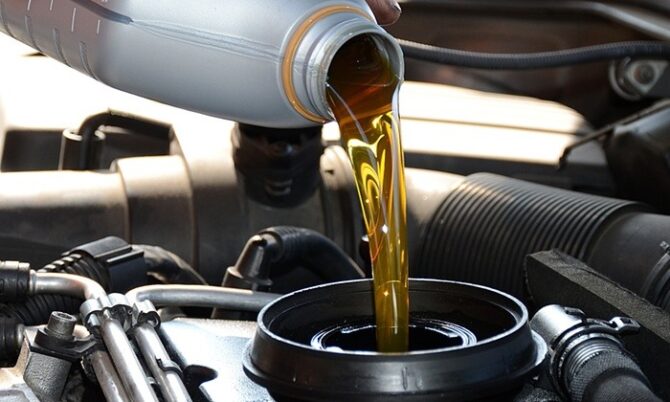
Source: tyrechapchap.co.ke
Changing your oil regularly is another maintenance tip that will allow your diesel engine to last longer. The frequency of oil changes generally relies on several factors, top of which include your engine workloads. If you use your diesel engine for hard drives or towing, your oil changes will require more changing intervals than when you use it for light driving. Additionally, consider the number of engine cold starts and your engine’s idle time. Your engine manufacturer’s guideline can also help identify the frequency of oil changes you need, with most also detailing the specific oil required for the diesel engine.
Change Your Filters
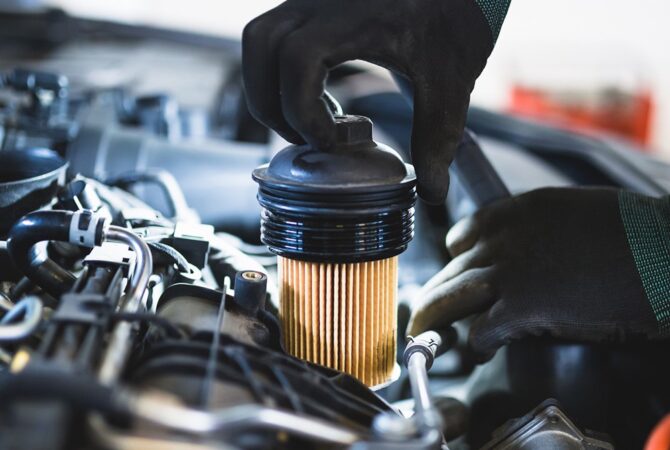
Source: autocorp.pk
Clean filters are the basis for clean fuel and will often require regular changes for optimal engine performance. The first filter that requires a routine change is the oil filter. By switching out old filters with new ones, you are assured of oil-free from particles. Particles generally lead to wear and damage to the engine, causing problems when you want to start your vehicle.
Fuel filters come next, with regular replacements allowing for clean fuel distribution throughout your engine. While it may seem like an added cost, failure to change the fuel filters can lead to restricted fuel flow, an aspect that, in turn, causes reduced engine performance. When this happens, your vehicle is also likely not to start. A few ways to tell that your fuel filters need immediate change include hard starting, random misfires, or rough idle and fuel system part failures.
Air filters also need regular changing, especially if you occasionally drive in dirt-prone environments. If your air filters are clogged, airflow becomes a problem due to restricted pathways. Dirty air filters are also the cause of more fuel consumption as your diesel engine will likely try to consume more fuel to increase its acceleration power. The result is increased fuel expenses along with added service costs. Be on the lookout for an increase in your engine’s wear, a drop in engine power, and poor acceleration.
Inspect Your Exhaust System
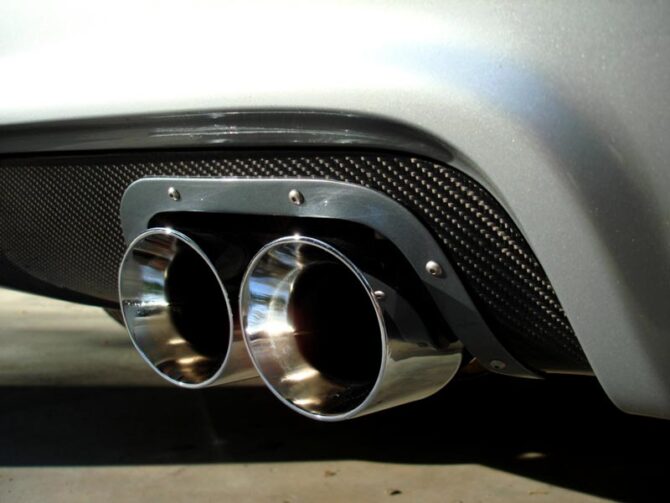
Source: abctyrepower.com.au
Essentially, your car’s exhaust system is a series of tubes and chambers designed to move gas away from the engine and reduce the noise that it makes. There are six gases produced by the basic function of your car’s engine: nitrogen gas, carbon dioxide, water vapor, carbon monoxide, nitrogen oxides, and hydrocarbons. Read more about your car’s exhaust system from goblackops.com.au they will help you to get the best exhaust system.
The exhaust system is composed of the diesel particulate filter (DPF) and diesel exhaust fluid (DEF) systems, with DPF regeneration being a crucial factor to be on the lookout for. DPF regeneration occurs after particulates in the filter heat up and combust, eventually turning to ash and carbon dioxide. This often happens in three ways, either from passive, forced or active modes. If regeneration happens regularly, your exhaust system will have accumulated ash, which your technician can clean out and help you identify the cause. Counteracting this calls for regular cleaning of the DPF filter, which goes a long way in preventing damage to your exhaust system.
Take Care of Your Radiator
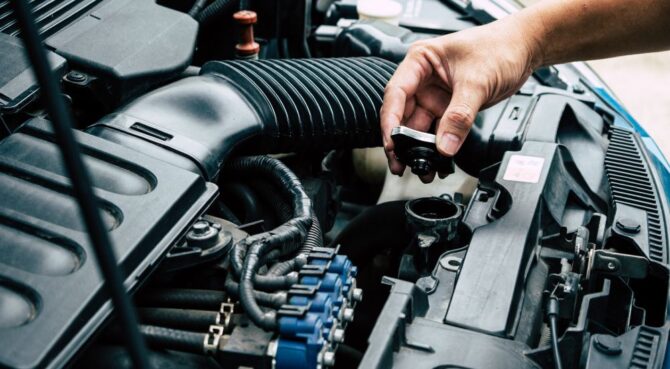
Source: natrad.com.au
The radiator is responsible for keeping your vehicle cool and is the system accountable for ejecting air out of the engine into the atmosphere. Diesel engines generally get hotter than other machines, making them susceptible to overheating. Unlike other components such as filters that can be easily replaced after damage, overheating could cause a motor failure challenging to recover from. If you notice green or orange fluid leaks from your vehicle’s underside, then your radiator needs a fix.
Consider adopting coolant maintenance. It is one way to get coolant testing, radiator cleaning, and radiator replacement where needed. Based on the underlying issue, coolant testing will either lead to an addition of antifreeze in your radiator or replacement of the coolant if it is worn out.
Maintain the Appropriate Fluid Levels
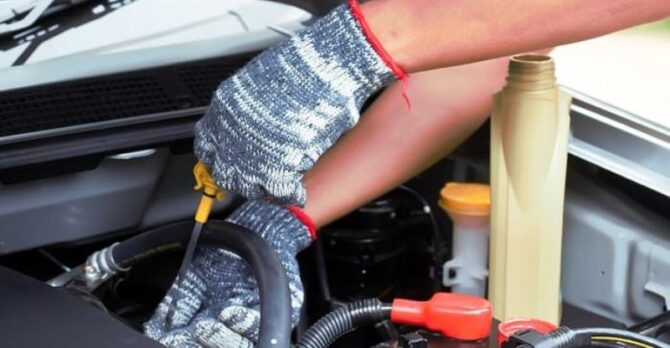
Source: pinterest.com
After checking your oil and coolant, make it a point to check if the fluid levels fall within the proper range. Oil is critical for lubricating your engine’s metal components, without which they will grind against each other, causing damage. However, if left to sit for long, it will become acidic, which is why keeping an eye on it is crucial. Ensure that your oil changes are carried out at the proper scheduled intervals.
On the other hand, engine coolant is essential to maintaining your exhaust system at the right temperature. Remember to regularly top it off to the correct levels while maintaining the right balance of chemicals. This is essential in preventing the coolant from freezing and electrolysis from happening. Electrolysis causes the formation of holes in your cylinder liners, so if you notice any coolant leaks in your cylinders, improper fluid levels are the likely cause.
Sticking to these maintenance tips is a guarantee that your diesel engine will perform at optimal performance for both the short and long term. If you are interested in quality diesel truck parts, click here for affordable products.

